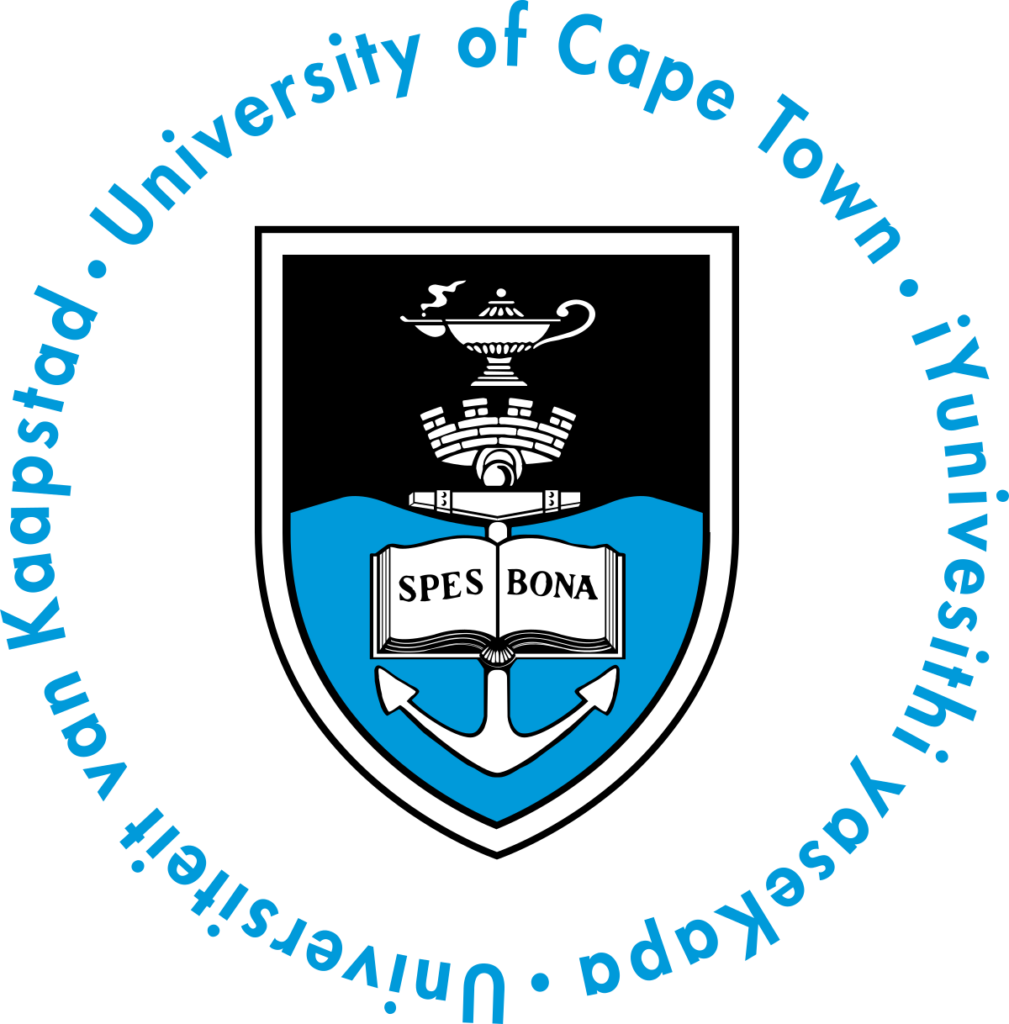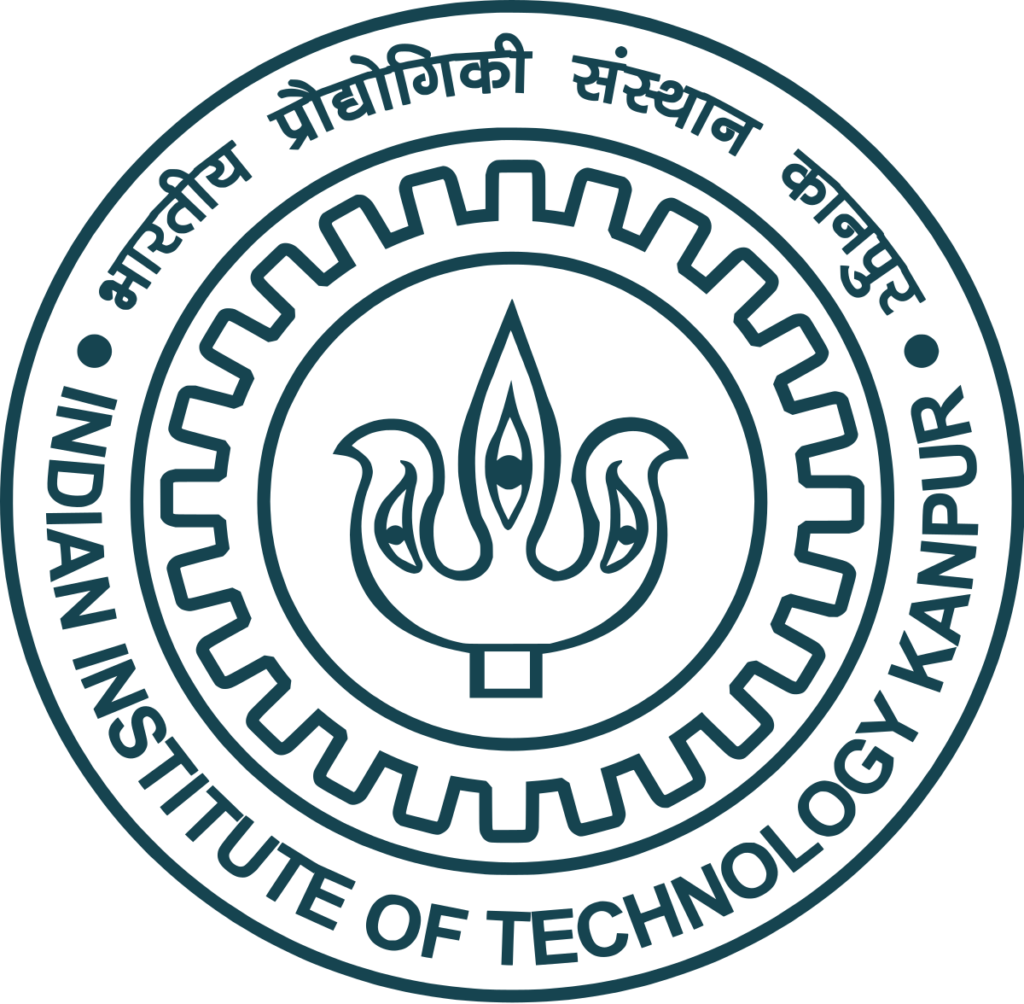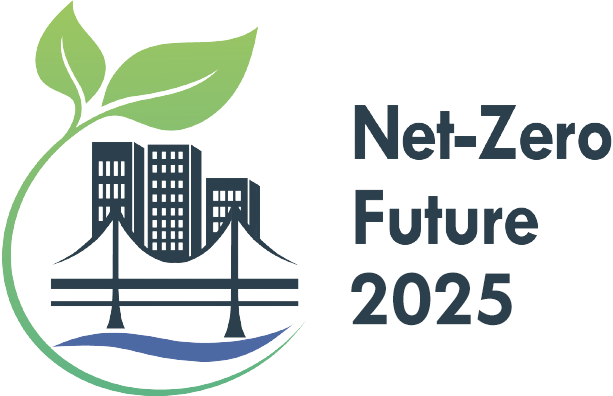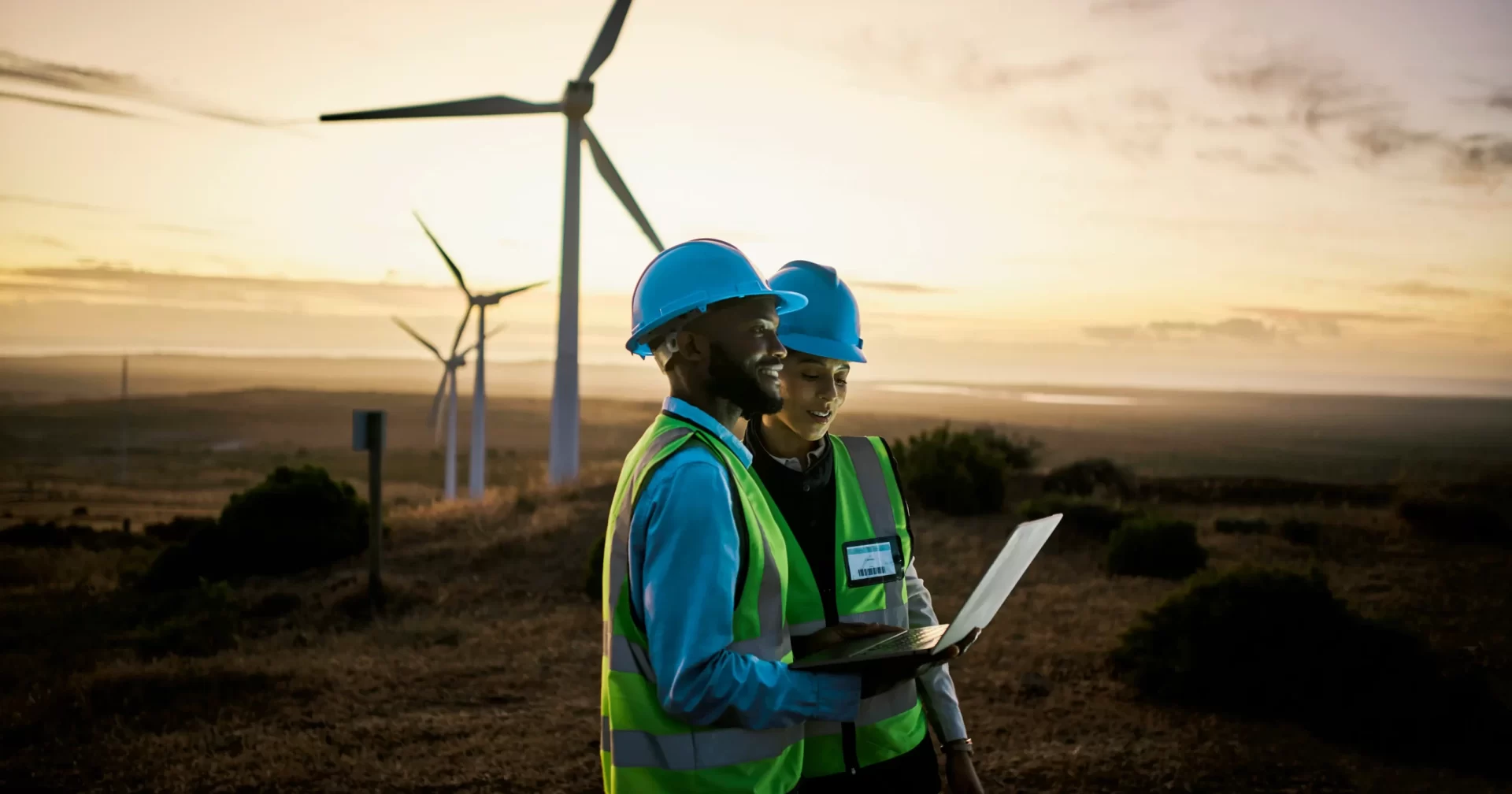Net-Zero Future project
Net-Zero Future − An International Alliance to Minimize Built Environment’s Carbon Footprint
The Net-Zero Future project forms an international alliance with Norway, Germany, India, South Africa, and the USA to conduct research and educational activities for net-zero buildings. This initiative aligns with sustainable development goals, such as quality education, industry and innovation, sustainable cities, climate action, and partnerships. The project directly contributes to increasing the extent and enhancing the quality and relevance of academic cooperation among five academic institutions from these countries: Oslo Metropolitan University (OsloMet–Norway), Technical University of Darmstadt (TUD–Germany), Indian Institute of Technology Kanpur (IITK–India), University of Cape Town (UCT–South Africa), and Iowa State University (ISU–the USA). It also involves several public and industry partners who work on the development, production, and implementation of materials and technologies required for net-zero structures.
As a vital component of the Net-Zero Future project, the Net-Zero Future 2024 Conference took place in June 2024 in Oslo, Norway, marking the beginning of an annual series. This initiative will continue in the following years, providing an ongoing and unique platform for fostering direct interactions on diverse findings and advancements in net-zero structures.
The project aims to generate knowledge and inspire a new generation of engineers and researchers to reduce carbon footprints in the built environment. By promoting international collaboration, the project will advance the development of net-zero structures, which are crucial for sustainable civil infrastructures and societal ecosystems. The Net-Zero Future project will serve as a unique platform for sharing groundbreaking findings and advancements in the net-zero built environment, facilitating the exchange of innovative ideas and best practices among global experts. This initiative not only addresses current environmental challenges but also prepares future professionals to lead the way in sustainable construction and urban development.
The project introduces the first international alliance with the following main objectives:
- Promote international cooperation on research and education to encourage sustainable practices in the built environment.
- Generate new knowledge and inspire future professionals to reduce the carbon footprint of buildings.
- Overcome barriers to the adoption of net-zero materials and technologies through collaboration with public and private sectors.
Key activities of the project include organizing a series of annual international conferences and summer schools, offering an open-access Ph.D. course in net-zero construction, and enabling dynamic research and educational exchange visits among partner institutions.
Partners

Oslo Metropolitan University


University of Cape Town


Iowa State University


Technical University of Darmstadt


Indian Institute of Technology Kanpur




